If you occasionally wake up in a cold sweat due to the final exam nightmare — the one where you arrive late to a crowded exam hall, only to discover that the test is on a topic you’ve never studied, and, what’s more, you’re naked — then science consultant and writer Ajdina Halilovic’s enlightening treatise might put you on edge. She presents counterintuitive evidence to suggest that sitting a test on a topic before you have learned a thing about it supports deeper learning. “Pretesting,” says Halilovic, has the power to unlock students’ curiosity and capacity for recall.
Sitting a “pretest” on knowledge you have yet to learn might sound like a pointless exercise, but it yields numerous benefits.
If a teacher were to give you a pop quiz on a topic that the class has not yet covered, you might consider it a futile exercise. After all, with no prior knowledge of the subject, your answers would be no more than wild guesses. However, research suggests that pretesting students on knowledge they haven’t yet learned significantly improves their subsequent learning of the topic.
The merits of testing — enhancing recall and deepening learning — are well documented, but most research studies focus on tests taken after learning. In the 1960s, a research study discovered the benefits of taking a test before learning, and this seemingly contrarian idea has gained traction in recent years.
Pretesting enhances students’ curiosity, focus, and motivation to learn.
Researchers examine the pretesting phenomenon by dividing a class of students who are about to undergo the same learning...






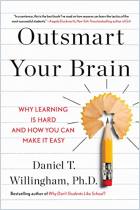
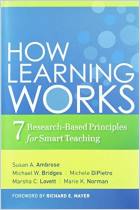
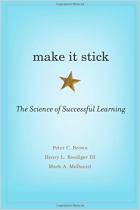
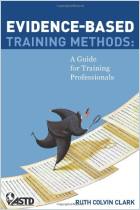
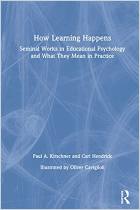
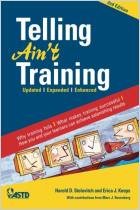


Comment on this summary